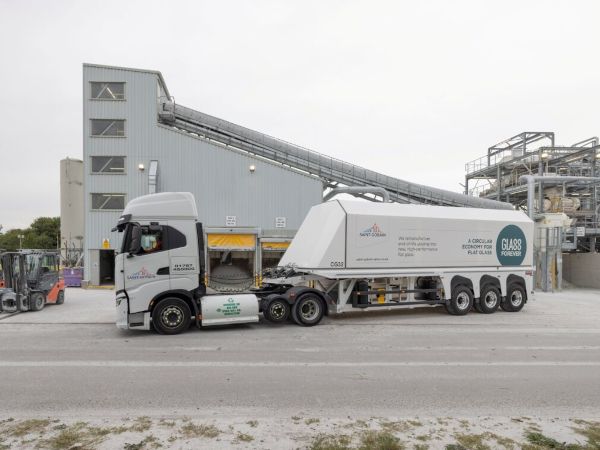
Date: 1 October 2025
The company’s flagship Glass Forever programme is celebrating a landmark achievement of recovering one million tonnes of end-of-life flat glass and is a finalist for Sustainability Initiative of the Year. The programme ensures that pre- and post-consumer glass is recovered and remanufactured into high-performance flat glass, significantly reducing carbon emissions and the demand for virgin raw materials.
In addition, the transformative refurbishment of 30 Duke Street in London, which utilised the Glass Forever framework, has been shortlisted for Commercial Project of the Year. The project is the UK’s first commercial building renovation using a circular economy approach to flat glass recycling – an initiative led by developer Great Portland Estates (GPE) and main contractor Mace.
Launched in 2001, Glass Forever is Saint-Gobain Glass’ long-term circular economy programme, designed to recover and recycle flat glass from both processing waste and end-of-life buildings and refurbishment projects. This year, the programme reached a major milestone with the recovery of one million tonnes of waste flat glass. This volume of recycled material potentially avoids the extraction of 1.2 million tonnes of virgin raw materials and prevents around 700,000 tonnes of CO₂ emissions.
All recovered glass is remanufactured at Saint-Gobain’s Eggborough facility, where it is used to produce new high-performance glass including ORAÉ® – the world’s first low-carbon flat glass with verified Environmental Product Declaration (EPD). ORAÉ® contains 64% recycled content, is produced using 100% renewable electricity, and delivers a 42% lower carbon footprint than standard float glass.
Over 100 partners across the UK construction and glazing supply chain are now involved in the Glass Forever programme. Saint-Gobain Glass supports these partnerships with technical assistance, patented cullet crushing equipment, and logistical solutions that help return glass waste to the production cycle, rather than it being downcycled or sent to landfill.
Cullet crushing technology has been deployed at key partner sites such as Morley Glass & Glazing, Padiham Glass, and VEKA Recycling. These facilities enable old, glazed units to be broken down, with the glass and frames separated for recycling.
In addition, many glazing partners have committed to collecting cullet from their sites and returning it in empty inloaders following deliveries of new Saint-Gobain flat glass. This logistics optimisation is a key part of the Glass Forever model and plays a crucial role in reducing transport emissions while streamlining the return of recyclable material.
The 30 Duke Street redevelopment in central London is a landmark in circular construction. Two outdated buildings from the 1950s and 1960s have been replaced by a new eight-storey office scheme, designed by Make Architects for GPE. Saint-Gobain Glass played a key role in the project, enabling the recovery of old glazing during the deconstruction phase. The recovered glass was remanufactured into new high-performance glazing – specifically ORAÉ® COOL-LITE SKN 183 (II) – for use in the new façade.
Lee Glover, Sustainability & Net Zero Delivery Manager at Saint-Gobain Glass, said: “Glass Forever is a ground-breaking programme which has hit a tremendous milestone. The reuse of glass through the Glass Forever framework demonstrates how supply chain collaboration can turn sustainability ambition into measurable environmental outcomes, and we’re delighted to see it recognised in the G25 Awards. Similarly, 30 Duke Street which highlights the value of early design-stage collaboration, to ensure the circular recovery of materials and reduce the carbon impact of the final building, is a worthy finalist in the Commercial Project of the Year category.
“We continue to work closely with architects, contractors, glass processors, and recycling partners to make flat glass circularity a reality.”
The G25 Award winners will be announced on Friday 28 November 2025 at the London Hilton Park Lane.
 600450
600450


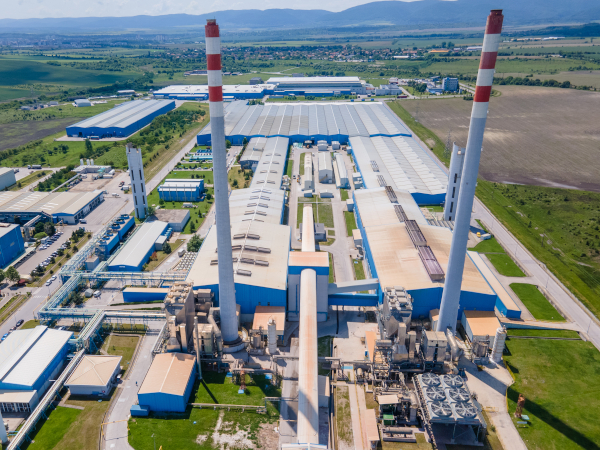
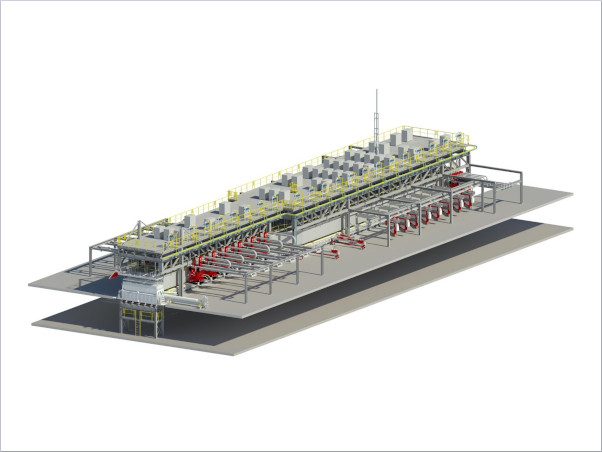
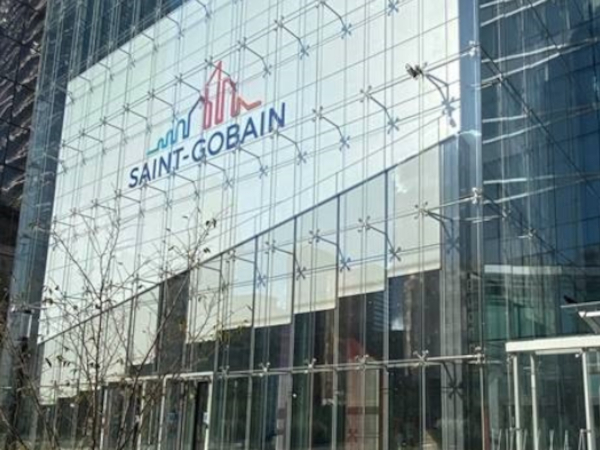
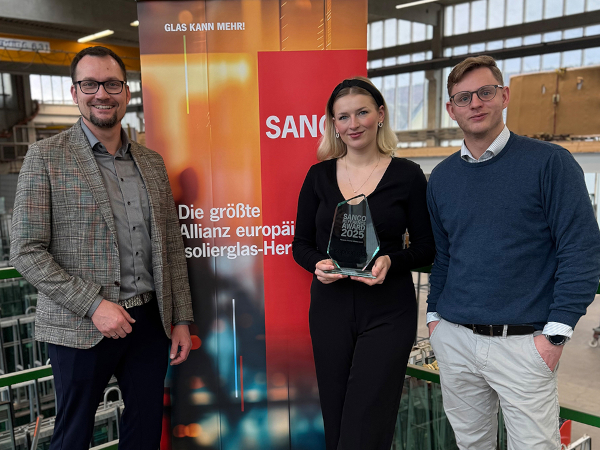









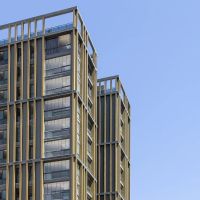
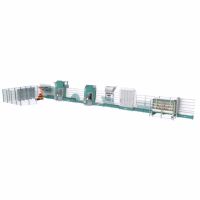

Add new comment